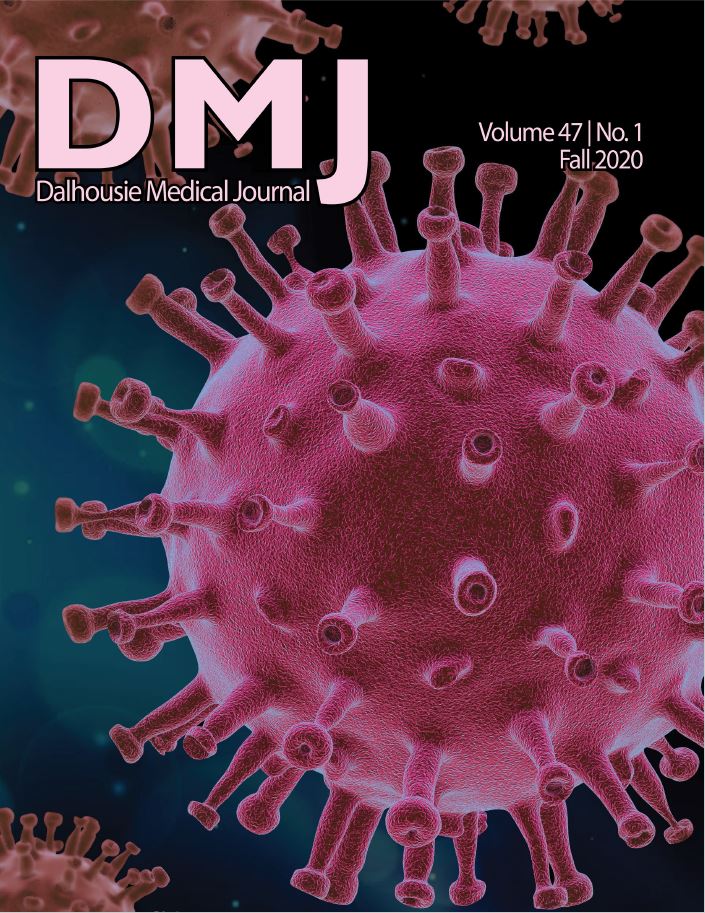Medical students‘ perceptions of nutrition in medical education and future practice
DOI:
https://doi.org/10.15273/dmj.Vol47No1.10723Abstract
Keywords: medical education, nutrition, medical students, physicians, undergraduate, lifestyle medicine
Background: Physicians are relied upon as knowledgeable sources of nutrition information; however, many report low nutrition knowledge.
Objective: The present study assessed first and second-year medical students‘ perceptions of nutrition education within the medical curriculum, in terms of their attitudes, learned body of knowledge, and satisfaction.
Methods: An online questionnaire was administered to Dalhousie University medical students completing their first or second year (N=125). Mann-Whitney U tests compared the responses of first-year to second-year students, as well as those with and without previous nutrition education.
Results: 97.6% of respondents agreed that nutritional counselling can positively influence patient outcomes, with 91.2% agreeing that physicians play a key role in nutritional counselling. Compared to second-year students, first-year students had greater self-perceived knowledge of basic nutrition concepts (p<0.001) and nutrition in the treatment of disease (p=0.005), as did students with previous nutrition education compared to those without (p=0.019 and 0.018 respectively). Satisfaction was <30% agreement, with first-year students more satisfied with their nutrition education than second-year students (p<0.05).
Conclusion: First and second-year medical students regard nutrition as an important component of medical practice that can positively impact patient outcomes. However, low satisfaction with their nutrition education suggests that additional nutrition curriculum would better prepare them for future practice.
Downloads
Published
How to Cite
Issue
Section
License
Authors who publish with this journal agree to the following terms:
- Authors retain copyright and grant the journal right of first publication with the work simultaneously licensed under a Creative Commons Attribution License that allows others to share the work with an acknowledgement of the work's authorship and initial publication in this journal.
- Authors are able to enter into separate, additional contractual arrangements for the non-exclusive distribution of the journal's published version of the work (e.g., post it to an institutional repository or publish it in a book), with an acknowledgement of its initial publication in this journal.
- Authors are permitted and encouraged to post their work online (e.g., in institutional repositories or on their website) prior to and during the submission process, as it can lead to productive exchanges, as well as earlier and greater citation of published work (See The Effect of Open Access).


